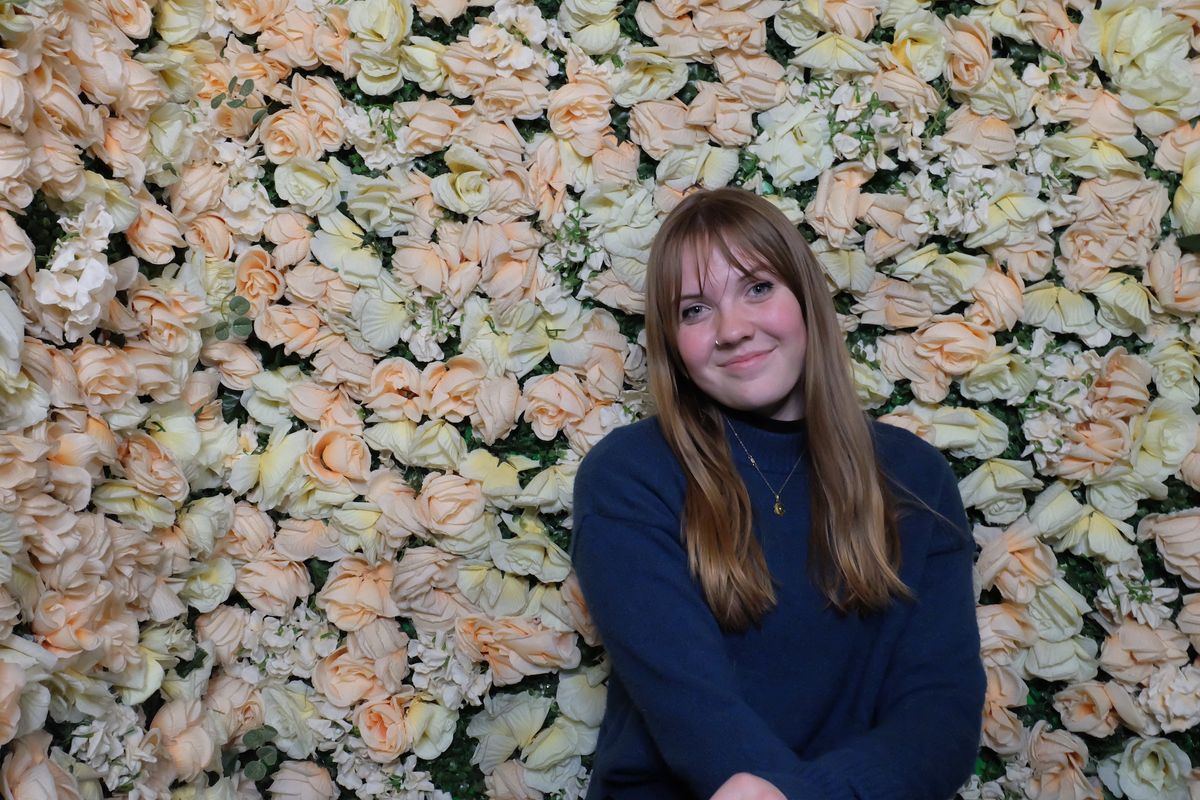Voting is important, but not worth stressing over

When I was a fresh, 18-year-old voter in 2019, having diligently pre-registered when I got my license, I bawled my eyes out while ripping apart my mail-in ballot for the first election I was ever eligible to vote in.
I can’t remember all the reasons I was crying. I think school must have been stressful, or maybe I was fighting with a friend, but regardless, when my mom sat me down to start going through everything with me, I just broke. That silly piece of paper felt monumentally heavy.
I’m not proud of that memory. I wish I voted in that first election.
My parents and teachers did a wonderful job of impressing upon me the importance of voting. I told my mom that it was the most exciting thing about turning 18 for me. And yet, when it came to actually doing it, it just felt like too much.
Now, years later, I’m still trying to understand why it felt too heavy back then.
For starters, I knew that voting was important, but if pressed, I doubt I could have explained why in a way that was personally meaningful. Now, I can say that I vote in line with a handful of issues that matter a lot to me. I can name them and explain in detail why I care about them and why I feel the way that I do.
My political views honestly haven’t changed much since then. I just know how to articulate them better. Perhaps some part of my 18-year-old subconscious knew that if I truly believed something, I should be able to defend it. Seeing as I couldn’t, how could I possibly justify voting on an issue knowing I might be wrong? And the AP/IB/honors kid in me absolutely hated being wrong.
In addition to my apprehension was the feeling of being under-prepared. I’m an October baby, so that meant that the first election I was eligible to vote in happened in the middle of the first semester of my senior year of high school — one of the busiest times in anyone’s life, what with college applications, school and other activities related to being a senior.
I was under-researched and perhaps a little too good at history. I had studied how a voting populace who didn’t have the resources to know what they were voting for resulted in the election of politicians who didn’t act in the people’s best interests.
It may seem silly now, but 18-year-old me was terrified of her vote supporting someone that would have the power to hurt her or the people she cared about — that younger me carried the weight of the world on her shoulders.
I felt guilty for weeks after the incident with the mail-in ballot. Judging by how vivid the memory is, I probably still do, mostly because I was all too aware that only 100 years prior to my first election, women had yet to gain suffrage. Thousands of women who came before me fought tooth and nail for the right that allowed me to hold that piece of paper.
And I ripped it. That’s something I have to carry for the rest of my life.
So, no, I didn’t vote in my first election. In retrospect, it was perhaps a bit dramatic to actually rip the ballot to pieces. I have no other defense for that other than to say that I was riding an uncontrollable wave of teenage angst and that something was bound to be broken. Better a piece of paper than something a little less replaceable, though.
I energetically and passionately voted the following year, the anniversary of the ratification of the 19th Amendment. Maybe knowing that eased my guilt somewhat, though it didn’t make it disappear.
I learned something important through the fiasco that was my first election, something that no amount of “Get Out and Vote” campaigns could have taught me. Among all of the reasons to vote, perhaps the most unconventional is this: voting is important, but it’s not nearly as heavy as you might think. Maybe you find that comforting. I certainly do.



